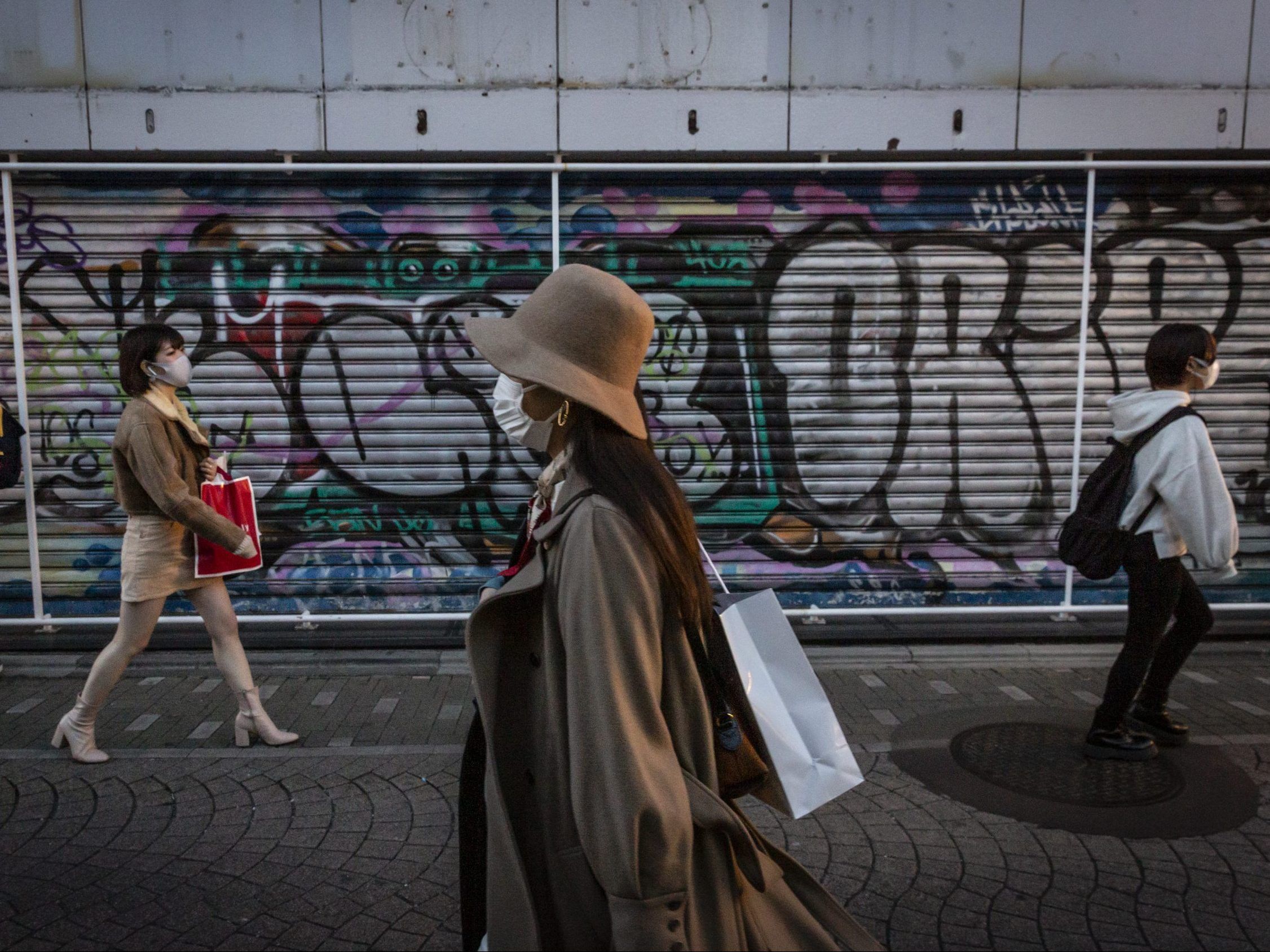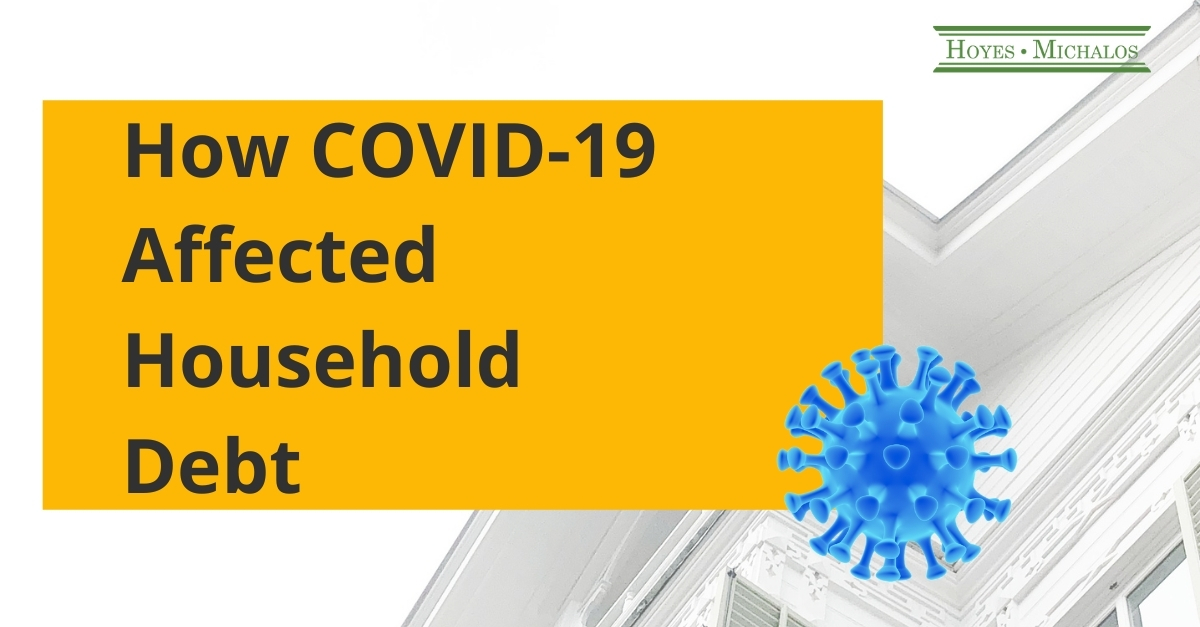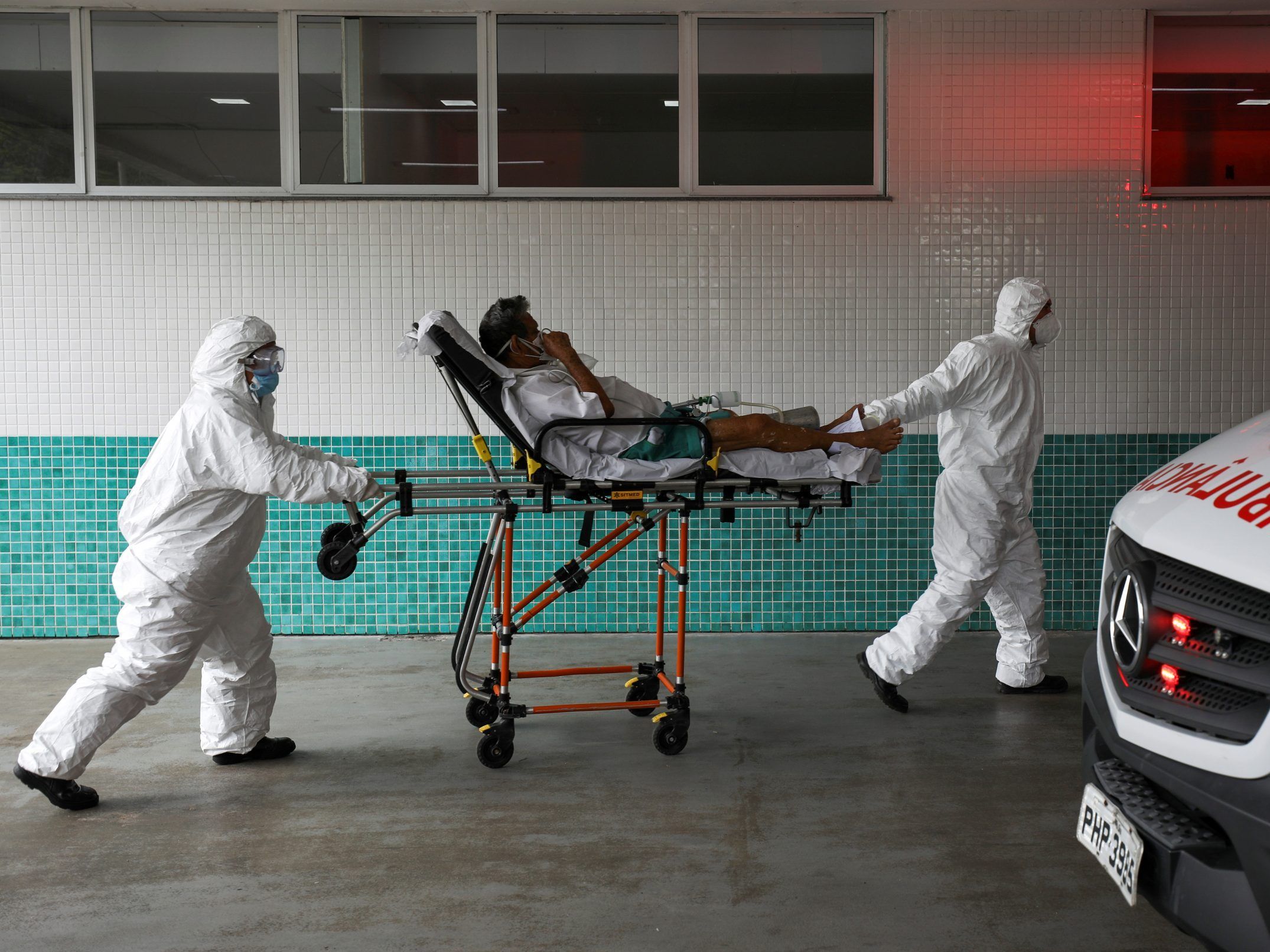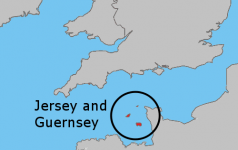As economy recovers, insolvencies will surely rise
Author of the article:Liz Braun
Publishing date:Mar 02, 2021 • 16 hours ago • 3 minute read • comment bubbleJoin the conversation
According to Statistics Canada, things were not ideal even before COVID, with 30% of Canadians believing they were over-indebted in 2019. Then came the pandemic.
According to Statistics Canada, things were not ideal even before COVID, with 30% of Canadians believing they were over-indebted in 2019. Then came the pandemic. PHOTO BY ISTOCK /GETTY IMAGES
Article content
How much debt have Canadians taken on to survive during COVID?
And with the end of the pandemic in sight — sort of — what will happen next?
Treatment hope for Crohn's disease
Trackerdslogo
According to Statistics Canada, things were not ideal even before COVID, with 30% of Canadians believing they were over-indebted in 2019. Then came the pandemic.
At the end of 2020, Douglas Hoyes of Hoyes, Michalos & Associates, a Licensed Insolvency Trustee, published an excellent summary of household debt and COVID-19.
Insolvency filings went up at the beginning of the year, but 2020 finished with record lows, despite lockdowns and layoffs. Debt was deferred.
Going into the pandemic, Canada’s debt-to-income ratio was 180.4%. The average consumer owed almost $30,000 in non-mortgage debt.
Insolvencies were rising and had been since the end of 2018.
When COVID hit, the federal government held off financial chaos with CERB and wage subsidies, income supports that helped an estimated 50% of adult Canadians.
Advertisement
STORY CONTINUES BELOW
This advertisement has not loaded yet, but your article continues below.
Article content
People deferred payments on everything from mortgages and credit cards to car loans and commercial rents.
With courts closed and debt collectors sidelined by COVID, everything was put on hold.
Insolvencies reached a 20-year low. (Alas, Statistics Canada notes that non-mortgage loans have increased steadily since May of 2020 and will soon be back to pre-pandemic levels.)
But deferrals are coming to an end, and government supports will not last forever. The economy is not predicted to be back in full swing until late this year or 2022; in the meantime, insolvencies will start to rise.
“Insolvencies will return as the economy recovers. It seems counter-intuitive to many, but if you don’t have an income or assets that can be seized by creditors, there is no need to file insolvency,” said Hoyes in his 2020 summary.
“Until economic growth is no longer driven primarily by consumer spending paid for with debt, until more Canadians can stop living paycheque to paycheque and using credit to survive, consumer insolvencies will inevitably return,” Hoyes added.
Asked to do a little crystal-ball gazing for the future, Hoyes said there are two schools of thought at the moment.
One is that with the vaccine and most people inoculated by Labour Day, we’ll quickly get back to normal. The pandemic will prove to have been a temporary blip.
“I do not subscribe to that theory,” said Hoyes.
“Yes, with the vaccine things will eventually get back to normal, but the world has fundamentally changed. Your favourite restaurant? It’s not reopening. Maybe not that nail salon or small fitness studio either. Others may replace them, but not to the same degree,” he said.
Advertisement
STORY CONTINUES BELOW
This advertisement has not loaded yet, but your article continues below.
Article content
For some workers, then, change will be huge.
“For a 60-year-old chef, life is not going back to normal. That chef, if he used credit cards to survive the last year, might be one of my clients,” Hoyes said.
On the other hand, said Hoyes, if that chef retires, nobody can garnishee his wages because he won’t have any.
“People file for bankruptcy or do a proposal to get protection from their creditors. They do so because they’re afraid their wages will be garnisheed or they’ll be sued, or they’ll lose their house, ” Hoyes said.
With no wages and no house (i.e. nothing to lose) you likely wouldn’t file. And creditors have to take action within two years of when payments stopped.
“And the courts are still mostly closed and collection agents are still working from home. A lot of the big banks may decide, ‘What’s the point?’
“There will be fewer clients in my line of work,” Hoyes said.
As the economy recovers, Hoyes said it’ll be tough on people in their 50s and 60s who are not quite ready for retirement.
And tough on young people just finishing university, he said. A lot of experience will be lost in the way of hands-on learning and mentoring because of the way the world has changed.
MORE ON THIS TOPIC
Steve Orsini, president and CEO of the Council of Ontario Universities.
Ontario universities seek support in face of $500M shortfall due to COVID
Peter Bethlenfalvy speaks to media at Queen's Park in Toronto on Sept. 25, 2018.
Ontario deficit still expected to hit $38.5 billion
Ontario Premier Doug Ford speaks to reporters as Health Minister Christine Elliott and Dr. David Williams listen.
LILLEY: Ford to reopen Ontario cautiously, gradually
People who’ve been deferring debt have more to think about and are potentially more at risk, said Hoyes.
Certainly, many Canadians, mostly middle income, will feel the debt impact of COVID-19 for years to come. Financially, “the guy in the middle will suffer most.That chef who used to earn $3000 a month is now getting 1800 on EI.”
And so his debts pile up.
What happened to household debt in 2020 and what does this mean for 2021?

hoyes.com
According to Statistics Canada, 30% of Canadians believed they were over-indebted in 2019. Then came the pandemic.

torontosun.com










